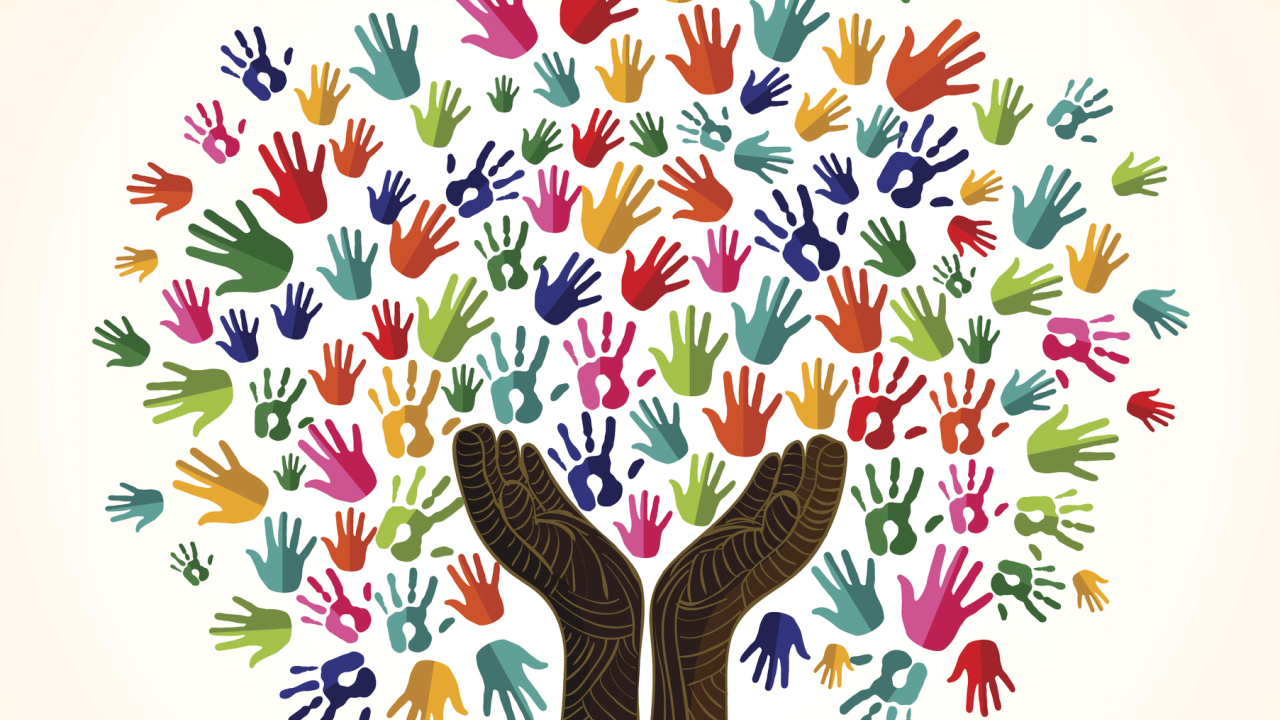
Cultural Competence and Humility in Education
Hello GDB Students!
One of the remarkable aspects of UC Davis is its incredible diversity. Our campus is enriched by individuals from all walks of life, contributing to the unique and vibrant community we enjoy. When attending a university with such a diverse student and faculty body, we have to address some really important principles: cultural humility and competence. These two key concepts play an important role in our day-to-day lives but also in education.
What is Cultural Humility and Cultural Competence?
Cultural humility was a concept and term coined by Dr. Melanie Tervalon and Dr. Jann Murray-García in 1998. The term was used to describe the experiences the two physicians lived through in their medical professions (Cultural Humility). The goal was to create changes in medical care involving decreasing health disparities and inequities in patient care. However, as time has progressed, the concept of cultural humility has been adapted in many different sectors beyond medicine, such as education, research, and workplaces. Cultural Humility, as defined by Katherine Yeager and Susan Bauer-Wu, “is a process of self-reflection and discovery in order to build honest and trustworthy relationships.” Understanding that cultural humility is an individual process is one of the first steps to practicing cultural humility.
On the other hand, cultural competence is a completely different concept; cultural competence is defined as “the ability to understand, appreciate, and interact with people from cultures or belief systems different from one's own” (DeAngelis). The concept of cultural competence brings forward the idea that individuals we interact with have unique cultures that may differ from ours, and being aware of these differences and acknowledging them makes a big difference.
These two concepts, while distinct, are also interconnected. Both cultural competence and cultural humility require self-reflection and ongoing education. Practicing cultural humility begins with introspection, where individuals examine how their personal beliefs and experiences have shaped their views and biases. Educators have outlined the "5 R’s of cultural humility"—Reflection, Respect, Regard, Relevance, and Resilience—as guiding principles for this practice (Robinson et al. 2021). Although initially developed for healthcare settings, these principles can be applied more broadly. They serve as a foundation for fostering cultural humility, encouraging individuals to challenge their biases and adapt their perspectives as they grow.
Cultural competence, on the other hand, involves recognizing that no one can fully understand every culture or individual difference. It calls for openness and a commitment to lifelong learning. While cultural competence is about acquiring knowledge, cultural humility is about using that knowledge to continually adjust one's behavior and actions as one learns more. Both approaches are essential for personal growth and fostering inclusive environments.
As students in higher education, we have a unique perspective in how we engage with the community and environment around us. Our diverse student and faculty body highlights the importance of cultural humility and competence in our daily lives. As Global Disease Biology students, we encounter an additional layer of diversity, as much of our curriculum focuses on issues impacting diverse communities. This makes applying these principles even more essential. Whether in class discussions, case studies, or research, we strive to practice cultural humility and competence, especially when working with and learning from different populations and communities.
We can never be all-knowing, so it's crucial to stay open-minded, ask questions, and seek out information when we’re uncertain. Below are some valuable resources to help you learn more about cultural humility and cultural competence, and how to apply these principles in practice.
Additional Resources:
Embracing Cultural Humility and Community Engagement
Are You Practicing Cultural Humility? – The Key to Success in Cultural Competence
References
1. Robinson D, Masters C, Ansari A. The 5 rs of cultural humility: A conceptual model for health care leaders. Am J Med. 2021;134:161–3.
2. DeAngelis T. In search of cultural competence [Internet]. [cited 2024 Sep 6]. Available from: https://www.apa.org/monitor/2015/03/cultural-competence
3. Cultural humility [Internet]. [cited 2024 Sep 6]. Available from: https://myusf.usfca.edu/wise/intercultural-learning/cultural-humility
4. Yeager KA, Bauer-Wu S. Cultural humility: Essential foundation for clinical researchers. Appl Nurs Res. 2013;26:251–6.
5. Fostering Cultural Humility in the Classroom [Internet]. [cited 2024 Sep 6]. Available from: https://www.kent.edu/ctl/fostering-cultural-humility-classroom
